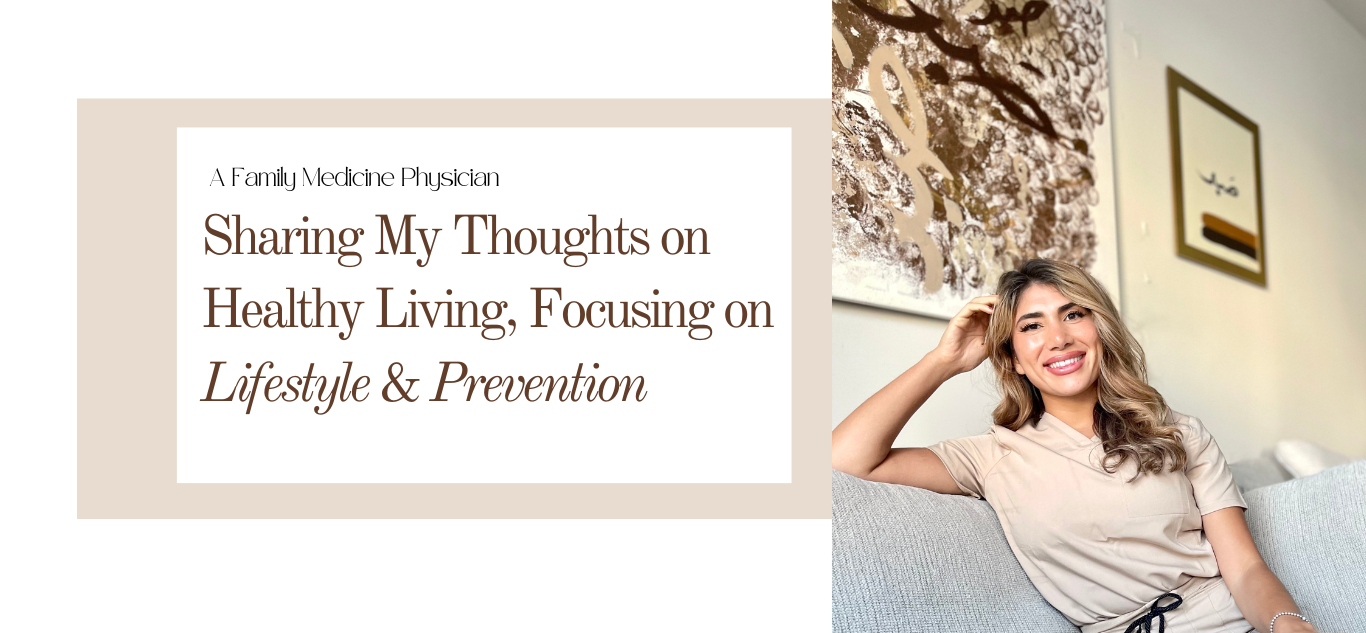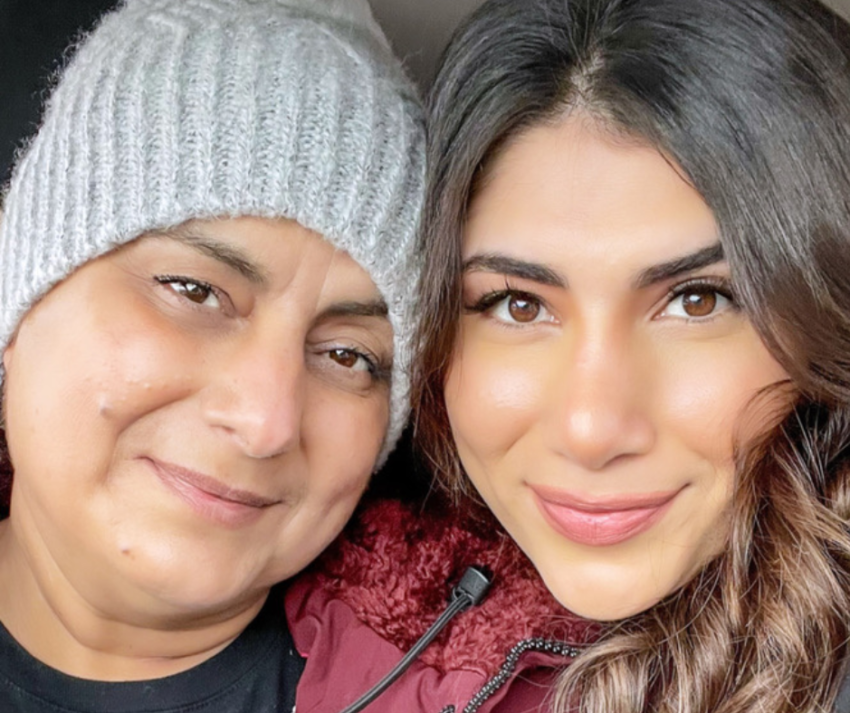Less Medication! Nurturing Growth through Lifestyle Changes in Healthcare
It is great to see the shift among Millennial physicians towards a more holistic approach to healthcare. Instead of solely relying on medication, this approach emphasizes the significance of lifestyle changes. It involves addressing individual behaviors, empowering patients, and adopting a collaborative approach to overall well-being. I believe we can attribute this positive change to the “woke” culture to some extent. What are your thoughts on this?
The Changing Landscape of Patient Care:
In the past, medication was frequently the primary method of treating patients. However, healthcare professionals now recognize that this approach has its limitations. The emphasis nowadays is on how lifestyle choices impact overall health. As a result, personalized interventions are often more effective than a generic, one-size-fits-all approach.
Education and Empowerment:
Giving patients knowledge about how their lifestyle choices affect their health is critical to this approach. As healthcare professionals, we now act as teachers, informing patients about how their daily decisions impact their health outcomes. The goal is to help patients understand their role in their healthcare journey.
Addressing Root Causes:
Addressing underlying issues is critical to this approach. We are now looking more closely at lifestyle factors contributing to health issues. Instead of just treating symptoms, we focus on understanding and preventing problems.
Personalized Medicine in Lifestyle Interventions:
Using personalized medicine in lifestyle interventions is a big step forward. Tailoring interventions to the patient’s characteristics recognizes that everyone’s needs and responses differ. Using technology and data, we can personalize interventions and make them more effective.
Collaborative Healthcare:
Collaboration is becoming more and more critical in healthcare. Working together as a team is crucial in achieving optimal health outcomes. This means that healthcare professionals and patients must work together as partners in the healthcare journey.
Inspiring Growth and Change:
Prioritizing lifestyle changes is not just about reducing risk factors; it’s also about inspiring growth. Encouraging patients to embrace positive lifestyle changes is critical. Success stories can be inspiring, showing patients how small changes can make a big difference to their health.
Challenges and Opportunities:
Like any significant change, there are challenges. It’s essential to address the barriers to implementing lifestyle-focused care. But these challenges also create opportunities for growth and development. Adapting to the changing healthcare landscape means embracing change and continuously refining approaches.
In conclusion, the shift towards prioritizing lifestyle changes in healthcare is a big deal. It’s a move away from just relying on medication and towards a more complete approach that includes growth, collaboration, and personalized, holistic care. By working together, healthcare professionals and patients can shape the future of healthcare for the better.
I hope this was helpful! Follow me on Instagram, TikTok, Threads, and subscribe to my YouTube Channel!








